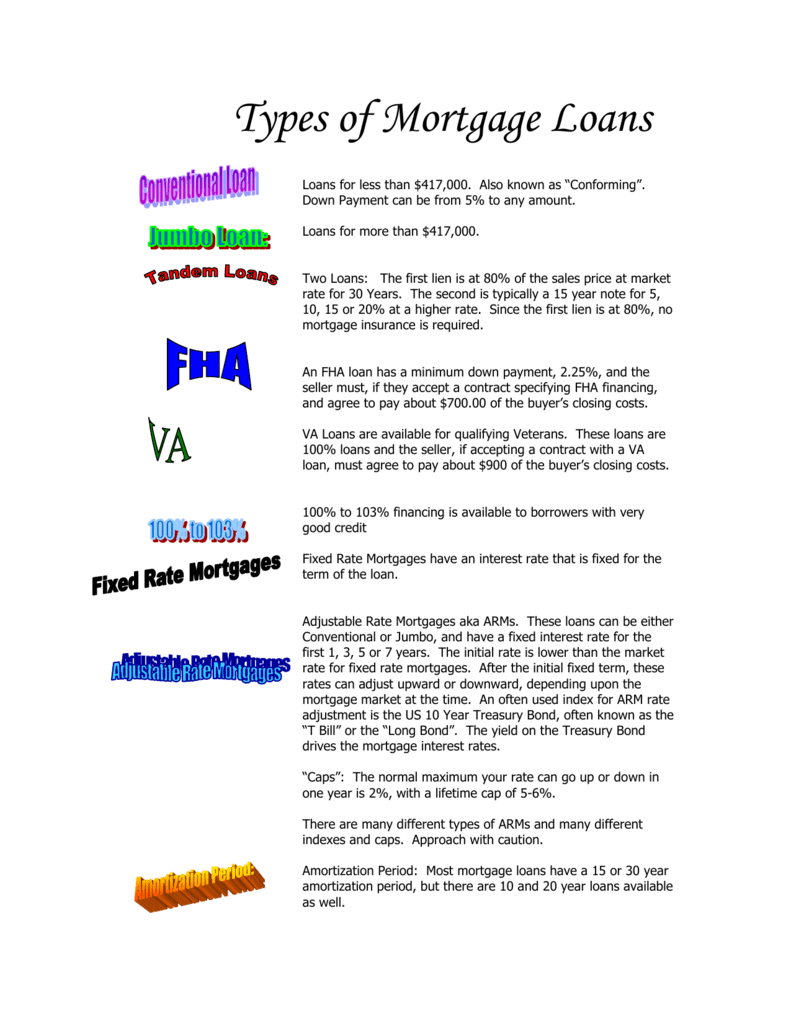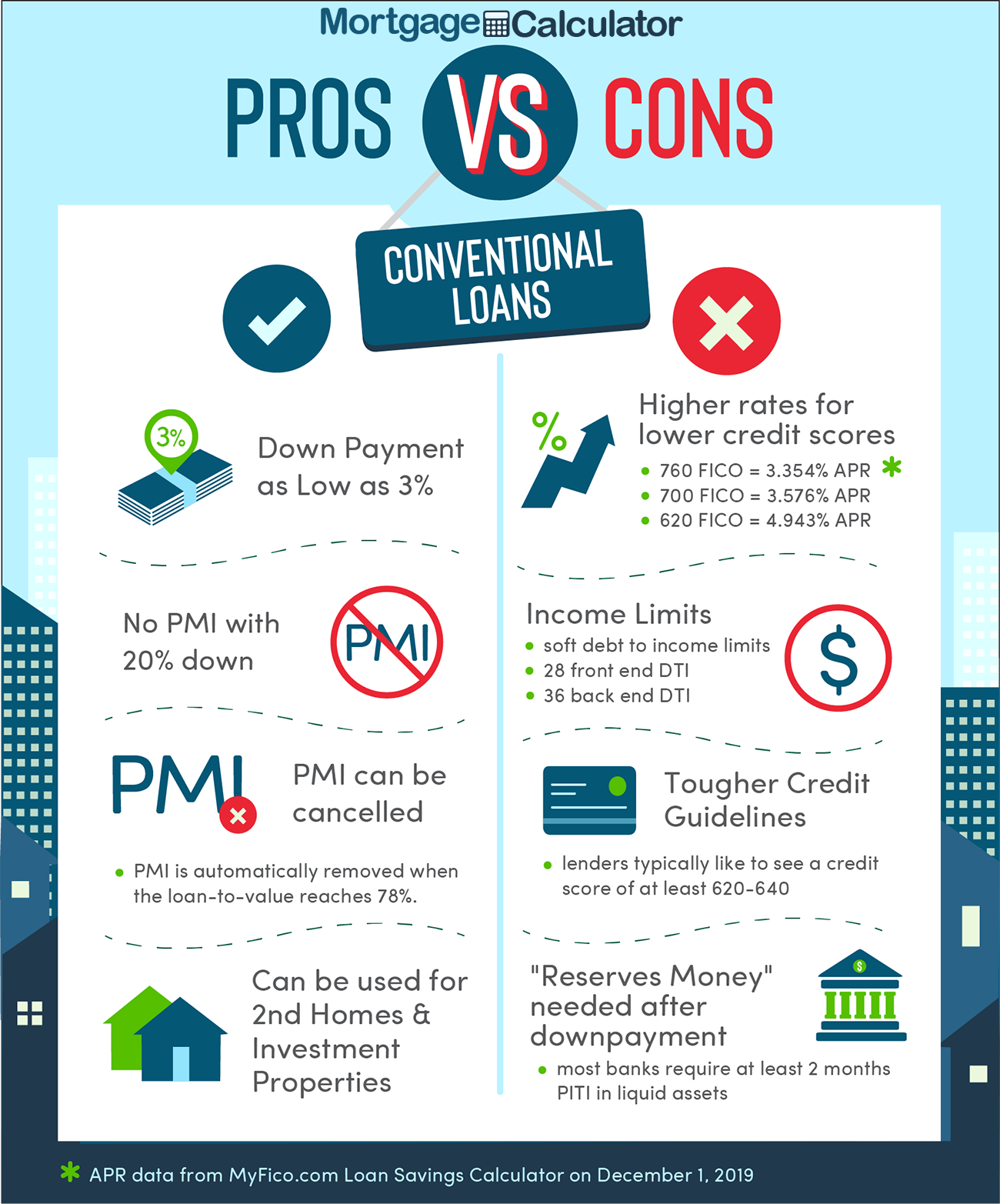If you're in the position to buy a house or refinance your home loan, now could be a fun time to make the most of lower rates and potentially score even lower rates by using mortgage points. Remember that you'll want to integrate in a little extra time to navigate the loaning system as loan providers are dealing with an increase of cases due to the historically low-interest rates. how do interest only mortgages work uk.
The response to whether mortgage points deserve it can just be answered on a case-by-case basis. If you're preparing on remaining in your home longer than the break-even point, you will see cost savings. If those savings surpass what you might get in outdoors investment, then home mortgage points will unquestionably be worth it.
This table does not consist of all companies or all offered items. Interest does not back or recommend any business. Editorial Policy Disclosure Interest. com follows stringent editorial policies that keep our writers and editors independent and truthful. We count on evidence-based editorial standards, regularly fact-check our material for precision, and keep our editorial staff completely siloed from our advertisers. Origination points, on the other hand, are closing expenses paid to a lending institution in order to secure a loan. While these charges are in some cases negotiable, customers generally have no option about whether to pay them in order to secure a loan. Let's say a potential house owner obtains a $400,000, 30-year mortgage so they can purchase a $500,000 house.
After underwriting, they get a loan deal from a lending institution that consists of several ratesone with their rate if they buy no points, plus alternative rates if they purchase one to 4 discount rate points. Below are sample rates for this borrower, upfront costs to buy those points and particular regular monthly payments for each rate: In this case, each point would save the customer about $60 per month.
5 years) to recoup the cost of each discount point they acquire. When you apply for a loan, both discount points and origination points are theoretically negotiable - obtaining a home loan and how mortgages work. However, in practice, that's not constantly the case. The only way to know for sure is to speak to your loan officer once you've been authorized for a loan.

Then, when you get loan offers, you can let each lender work to earn your company by negotiating lower rates or closing expenses. You do not need to fret about this hurting your credit report, as credit bureaus treat credit checks from multiple home mortgage lenders within about a 30-day duration as one credit check.
When you buy discount rate points (or "buy down your rate") on a brand-new home mortgage, the cost of these points represent prepaid interest, so they can usually be subtracted from your taxes simply like regular mortgage interest. However, you can typically just deduct points paid on the first $750,000 obtained. In other words, if you take out a $1 million mortgage and purchase one point for $100,000, you can only subtract $75,000 (1% times $750,000).
The 10-Minute Rule for How Do Reverse Mortgages Really Work?
According to the Internal Revenue Service, the expenditures for mortgage points can be detailed on Set up A of your Kind 1040. The IRS says that "if you can deduct all of the interest on your home loan, you may have the ability to subtract all of the points paid on the mortgage." Mortgage pointsboth discount rate points and origination pointsincrease a borrower's in advance cost of getting a mortgage.
In the case of discount rate points, these costs are likewise optional. If you prepare to remain in your house for at least 10 to 15 years and want to reduce the regular monthly cost of your mortgage, they may be worthwhile, however they aren't required.
These terms can sometimes be used to mean other things. "Points" is a term that home loan loan providers have actually utilized for several years. Some lenders may utilize the word "points" to refer to any in advance fee that is determined as a portion of your loan amount, whether or not you receive a lower rate of interest.
The information listed below describes points and lender credits that are connected to your interest rate. If you're considering paying points or getting lender credits, constantly ask loan providers to clarify what the effect on your interest rate will be. Points let you make a tradeoff between your upfront costs and your month-to-month payment.
Points can be a great option for someone who understands they will keep the loan for a very long time. Points are computed in relation to the loan amount. Each point equates to one percent of the loan quantity. For example, one point on a $100,000 loan would be one percent of the loan quantity, or $1,000.
Points don't have to be round numbers you can pay 1. 375 points ($ 1,375), 0. 5 points ($ 500) or even 0. 125 points ($ 125). The points are paid at closing and increase your closing costs. Paying points decreases your interest rate relative to the interest rate you could get with a zero-point loan at the same lender.
For example, the loans are both fixed-rate or both adjustable-rate, and they both have the same loan term, loan type, very same deposit amount, and so on. The same type of loan with the exact same lending institution with two points must have an even lower rate of interest than a loan with one point.
The 5-Minute Rule for How Do Fixed Rate Mortgages Work
By law, points listed on your Loan Estimate and on your Closing Disclosure must be linked to a reduced rate of interest. Helpful resources The specific quantity that your interest rate is lowered depends on the particular lender, the type of loan, and the total home loan market. Sometimes you might get a relatively large decrease in your rates of interest for each point paid.
It depends on the particular lender, the kind of loan, and market conditions. It's likewise essential to understand that a loan with one point at one lending institution might or might not have a lower interest rate than the very same kind of loan with absolutely no points at a different lender. Each lender has their own rates structure, and some lenders may be more or less costly overall than other lenders despite whether you're paying points or not.

Explore current interest rates or find out more about how to purchase a home loan. Lending institution credits work the same way as points, however in reverse. You pay a greater interest rate and the lending institution offers you cash to offset your closing expenses. When you receive loan provider credits, you pay less in advance, however you pay more with time with the greater interest rate.
For instance, a lender credit of $1,000 on a $100,000 loan may be referred https://www.inhersight.com/companies/best/reviews/telecommute?_n=112289508 to as negative one point (due to the fact that $1,000 is one percent of $100,000). That $1,000 will look like a negative number as part of the Loan provider Credits line item on page 2, Area J of your Loan Quote or Closing Disclosure (how do home mortgages work).